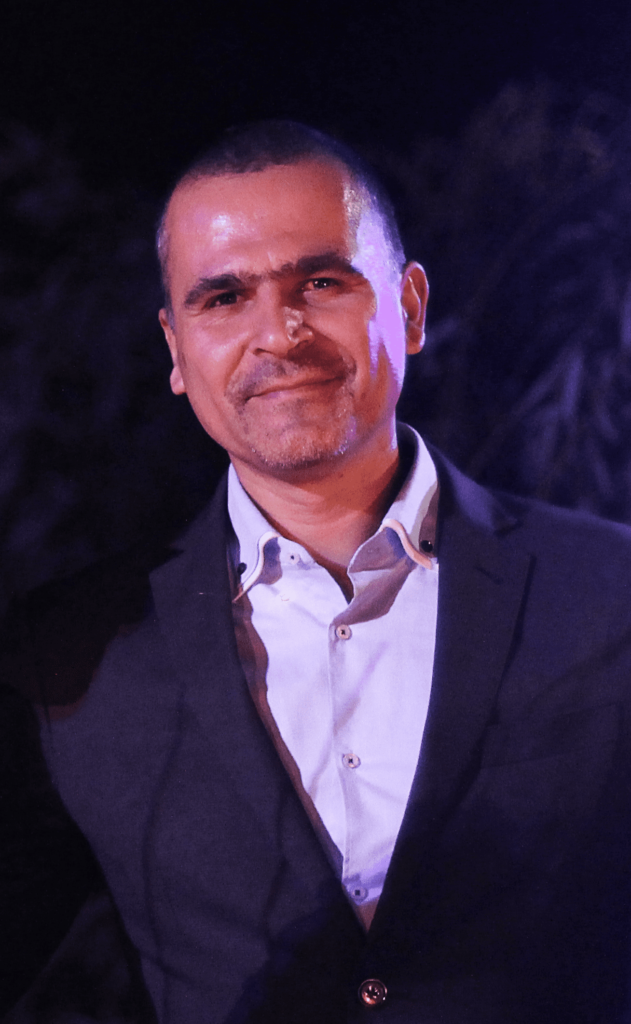Nuno de Sousa

Civil Protection Engineer, City of Sétubal (Portugal)
Professional Firefighter since 1993, with a degree in Civil Protection Engineering (2012) and a Master Degree in Strategy (2016), working in the Municipal Service for Civil Protection and Firefighters of the Municipality of Setúbal.
Main activities and responsibilities: Risk management planning (prevention and mitigation, preparation, response, recovery); strategic planning; international networking; field cooperation with civil protection agents; development of public information sessions and training courses; collective risks survey from natural, technological or anthropogenic source; civil protection data resources survey; simulation and training exercises, reporting.
Do you have any specific hopes or predictions for the future of urban security? (What will urban security look like in 30 years? What will be the main opportunities and risks?)
In the face of Climate Change challenges, Urban Security as a concept, contributing for democracy, freedom and well-being of people, will survive and thrive if continuously supported on the capacity of humans to maintain solidarity among each other’s, independently of race, religious belief, nationality, gender or social condition/role.
Why do you think it is so important to involve citizens in urban security practice?
Considering democratic regimes, democracy and security stands on the shoulders of citizens participation. Citizens are the base ground of Democracy. Without involvement, democratic societes, majorly concentrated in urban areas, will suffer the consequences of risks and threats (internal/external) without making their voice heard. Policy making is of higher degree and safeguards the majority of citizens rights when participation exists. Without participation there are no guarantees in keeping peace and security with democratic rules and safeguards.
